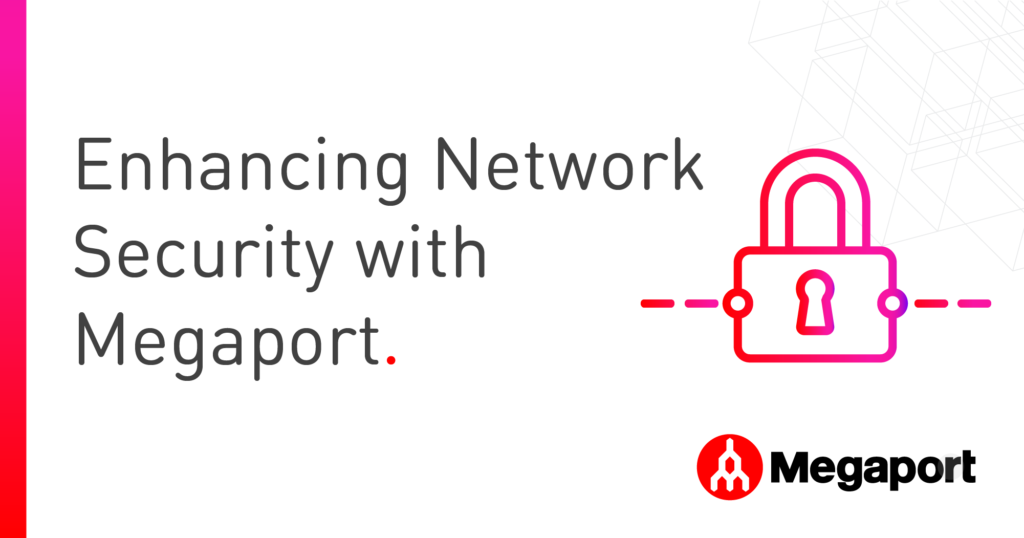
How Megaport is Investing In Our Planet
By Henry Wagner, Chief Marketing Officer
From using energy-efficient equipment to helping customers choose the greenest network paths, we’re committing to doing our part to combat climate change.
Founded in 1970, Earth Day has been going on for as long as many of us can remember. Since then, each year on April 22, more than a billion people celebrate the day and participate in a variety of activities to promote conservation and sustainability.
This year’s theme is “Invest In Our Planet”: Here’s how we are doing just that.
Megaport’s environmental commitment
We view environmental sustainability as an integral part of how we interact with the world. As a “born-in-the-cloud” company, we have always been disruptive to traditional industries. And our pay-as-you-go model—the rent-versus-buy argument—means lower environmental impact via greater efficiency in the allocation of existing resources.
Although Megaport has a significantly lower environmental impact than more traditional telecommunications enterprises, we wanted to do more. Last year, we created our two-year environmental roadmap, which includes initiatives such as implementing carbon-neutral travel.
We also hired a corporate consultancy to perform a carbon inventory on our FY22 greenhouse gas emissions, which will allow us to set a baseline from which we can further reduce our environmental impact.
We select the most modern network equipment available with the lowest profile for space and power consumption. Not only does Megaport run an extremely efficient network, but in most instances, we consume less than 1% of the space and power draw of the data centers where we have a point of presence.
Furthermore, our use of campus cross connects further reduces our footprint by not requiring a point of presence that draws power in every data center to which we can offer service. Running our global network across over 800 locations across 25 nations consumes approximately 575kW/h, or only the equivalent of running about 38 electric vehicles.
It is then likely that our network connectivity solutions have a much lower environmental impact than traditional telco connectivity, and a move to Megaport supports other enterprises in their journey towards sustainability.
Helping customers build greener networks
Our work in sustainability doesn’t stop with using the most updated and energy-efficient equipment. We also help customers determine the environmental efficiency of their networks.
Companies such as Google are beginning to require their data centers to meet certain green standards. They expose their carbon footprint calculations to the public, showing how some data centers are more green than others.
This kind of information has positive implications for enterprise networking in the near future. Traditionally, companies have decided which network routes to use based on some combination of cost value, low latency, and scalable capacity. Moving forward, some might want to choose the greenest route instead. For example, a customer might add up each route’s green score and come up with a combined carbon footprint measurement.
All of this is very exciting and underscores how so many of our day-to-day decisions can help contribute to the sustainability of our planet.


